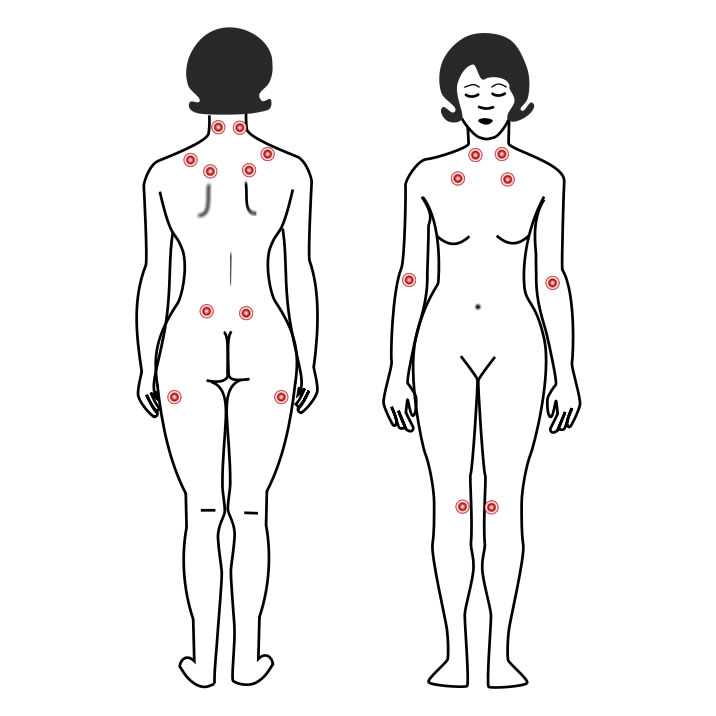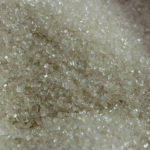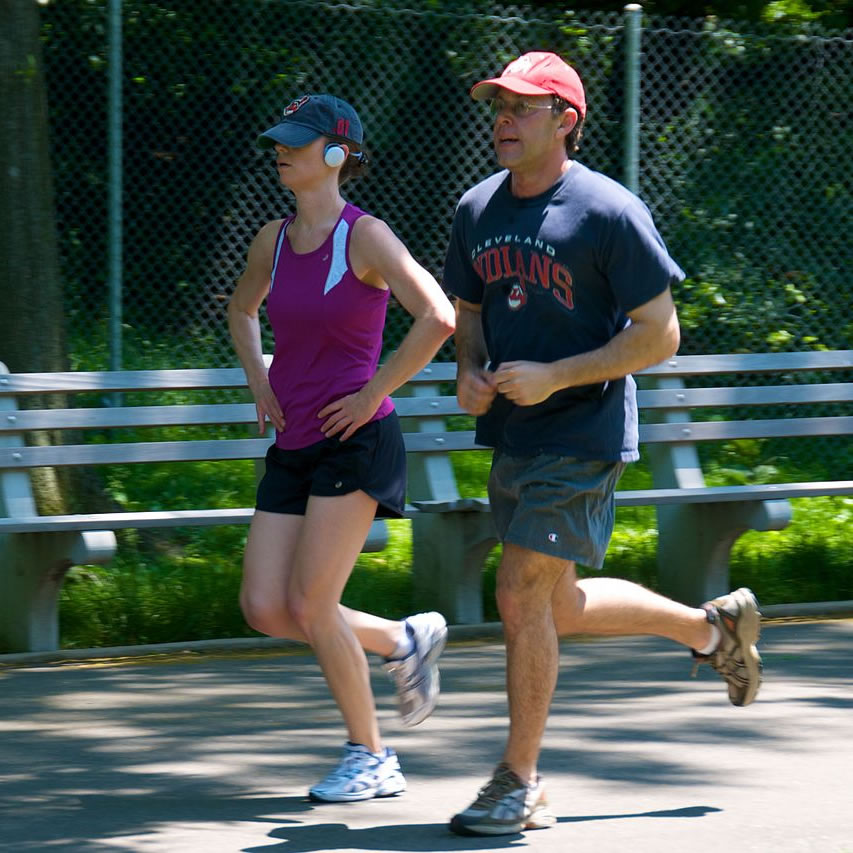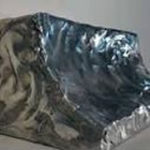By Ben Fuchs | Pharmacist Ben
One of the most important and under-recognized causes of accelerated aging is a chemical process called “glycation” (also known as “glycosylation”). Best thought of as a reaction between sugar and protein (and sometimes fat). Glycation can be thought of as a type of caramelization, a candy making technique that creates a characteristic confectionary quality that candy cooks have exploited for centuries. During the caramelization process, sugar is heated to high temperatures until it turns brown. And it’s not just candy that caramelizes, or glycates. The same phenomenon occurs when bread is toasted, or onions or potatoes are grilled. French toasted bread, fried onions and French fried potatoes, also are among culinary delights that are carmelized.
 In the body, caramelization/glycation of sugars can occur in conjunction with proteins, and as with caramelization of foods this can manifest itself as browning and subsequent degradation of various structures. Smaller systems are especially likely to be damaged; most especially tiny blood vessels and capillaries. Glycation is a leading cause of blindness and kidney diseases. Both structures are packed with thousands of miles of microscopic circulatory vessels. The net effect of this kind of damage can result in pockets of oxygen deprived, nutritionally starved, and toxin drenched tissue. Not good!
In the body, caramelization/glycation of sugars can occur in conjunction with proteins, and as with caramelization of foods this can manifest itself as browning and subsequent degradation of various structures. Smaller systems are especially likely to be damaged; most especially tiny blood vessels and capillaries. Glycation is a leading cause of blindness and kidney diseases. Both structures are packed with thousands of miles of microscopic circulatory vessels. The net effect of this kind of damage can result in pockets of oxygen deprived, nutritionally starved, and toxin drenched tissue. Not good!
Even worse, there an important relationship between glycation and oxidation, which is thought to play an important part in accelerated aging. As it turns out, glycated proteins can be a source of free radicals that are responsible for the oxidation, which can be thought of as a type of “biological rusting”. In an article published in the journal “Glycobiology”, researchers claimed that glycated proteins produce 50 times more free radicals than non-glycated proteins. According to the article, free radicals amplify the production of inflammatory peptides and the net result is not only rapid aging of organs and tissues, but also many health challenges including diabetes, neuro-degeneration, and kidney failure.
The best way to protect yourself from glycation is to keep your blood sugar concentration as low as possible. There should only be around one (1) teaspoonful of sugar floating around in the blood at any given moment. It’s not uncommon for blood sugar concentration to double after a carbohydrate-laden meal. Reducing your intake of refined carbs (flour, fruit juice, cereals, dessert, etc.) should be a priority, making sure you’re taking in lots of water, especially after drinking a soda pop or indulging a sweet or a starchy bread-filled meal. Supplements can also be beneficial. The B-complex stands out in importance, especially Vitamins B1 and B3. Use a B-100 or something like Youngevity’s Beyond Tangy Tangerine. Vitamin C is important too, 1000mg maybe. Minerals like Magnesium Glycinate, Zinc , Selenium, Chromium, and Vanadium are known to help the body process sugar. Arginine and Taurine are two amino acids that improve sugar metabolism and the B-vitamin-like substance choline can be helpful, too.
*Did you know that the sugar beet and sugar cane are excellent sources of many of the nutrients that the body needs to process carbs?*














